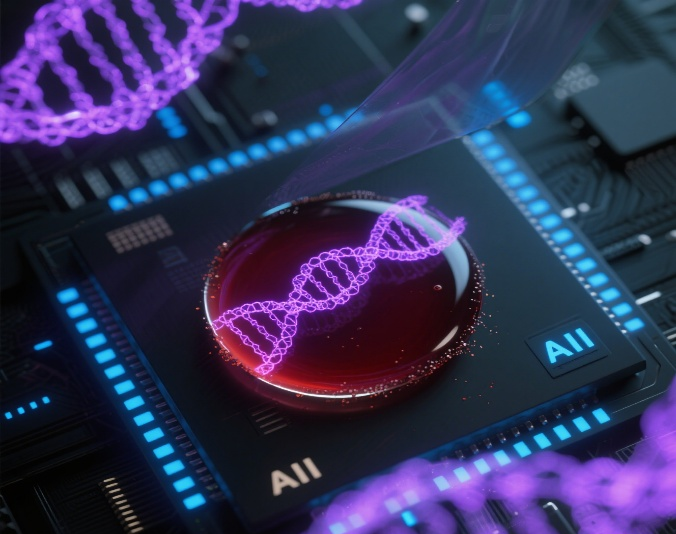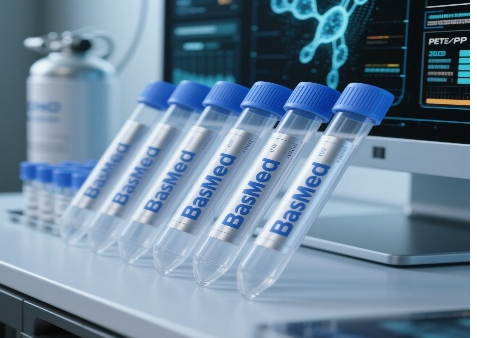Witness our
development together

The golden window for early cancer screening has been opened! Discovering tumor traces 2-4 years earlier than traditional diagnostics, doubling the chances of survival.
Based on a milestone study published in "Science" on April 11, 2025, by a joint team from Johns Hopkins University and MIT (original title: Multimodal Analysis of cfDNA Enables Early Detection of Seven Cancer Types with High Specificity). The corresponding authors are cancer genomics expert Professor Bert Vogelstein and an AI specialist.
"This technology is like installing the most sophisticated 'cancer radar' in the blood. It can capture unique signals of malignant tumors from trace amounts of circulating DNA in the very early stages, even in asymptomatic phases, marking a fundamental shift in the fight against cancer." — Professor Bert Vogelstein (Co-corresponding author of the research))
In April 2025, a groundbreaking advancement in early cancer screening was unveiled in the top international journal "Science," a result of the collaboration between the team led by Bert Vogelstein from Johns Hopkins University and top AI scientists from MIT. This next-generation liquid biopsy technology marks a significant milestone by enabling the high-precision screening of seven common cancers (lung, breast, colorectal, liver, pancreatic, stomach, ovarian) through a single blood test, bringing the vision of "detecting cancer with a drop of blood" closer to clinical reality.
Traditional cancer diagnostics rely on imaging or tissue biopsies, often detecting tumors only after they have formed or metastasized, missing the optimal intervention window. Liquid biopsy analyzes circulating tumor DNA (ctDNA) and other markers in the blood for early screening. However, ctDNA levels are extremely low in early-stage patients (like finding a drop of ink in a swimming pool), and single markers are prone to interference, leading to insufficient sensitivity in previous technologies.
The three core technological highlights of this breakthrough are:
1. Multi-dimensional signal integration ("Multi-omics on a Chip"): No longer relying on a single ctDNA mutation! This technology simultaneously captures three key molecular features of cfDNA:
• Methylation patterns: Cancer-specific DNA "chemical tags."
• Fragment size distribution: Unique patterns of tumor DNA fragmentation.
• Rare mutation combinations: Identifying trace variations in key driver genes.
2. AI deep learning engine: Training neural networks using a vast cancer genomics database to identify weak, cancer-specific "molecular fingerprint" patterns from a massive mix of signals, significantly improving signal-to-noise ratio.
3. Ultra-high sensitivity and specificity: Validated in prospective cohorts covering tens of thousands of individuals, achieving a detection sensitivity of 91.5% for stage I/II cancers and a high specificity of 99.3% (indicating very low false positives). A historic breakthrough in early warning capabilities for "silent killers" like pancreatic and ovarian cancers.
The rapid development of liquid biopsy technology hinges on the unbiased capture and stable preservation of precious biomarkers in blood samples. From research breakthroughs to clinical implementation, every step relies on ensuring sample quality.

Basel is committed to offering a dependable "source guarantee." Opting for Basel tubes signifies a commitment to superior quality and outcomes in sample handling for diverse research and screening endeavors.
Original Research Abstract (Science): https://www.science.org
Johns Hopkins University Press Release (Reference): https://hub.jhu.edu/2025/04/11/liquid-biopsy-ai-cancer-detection/